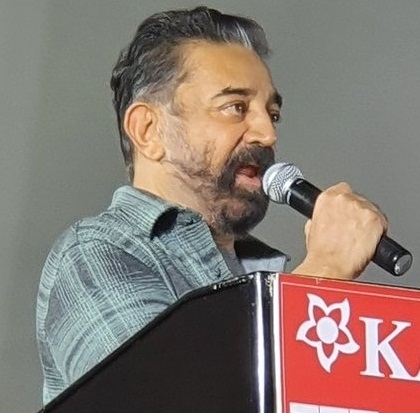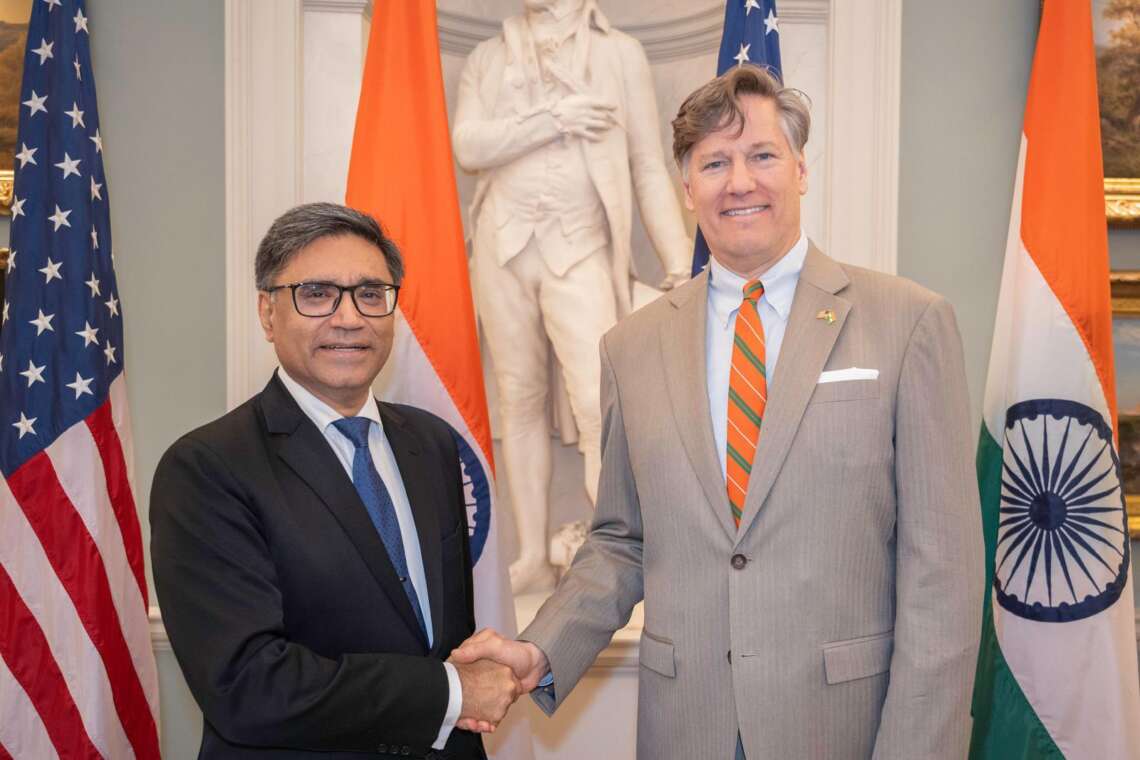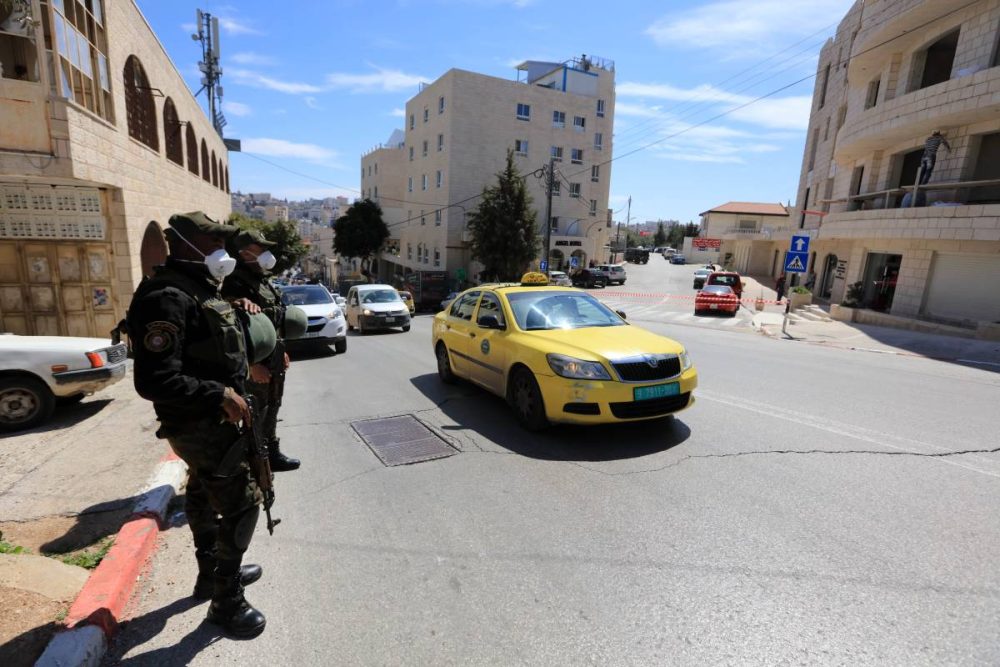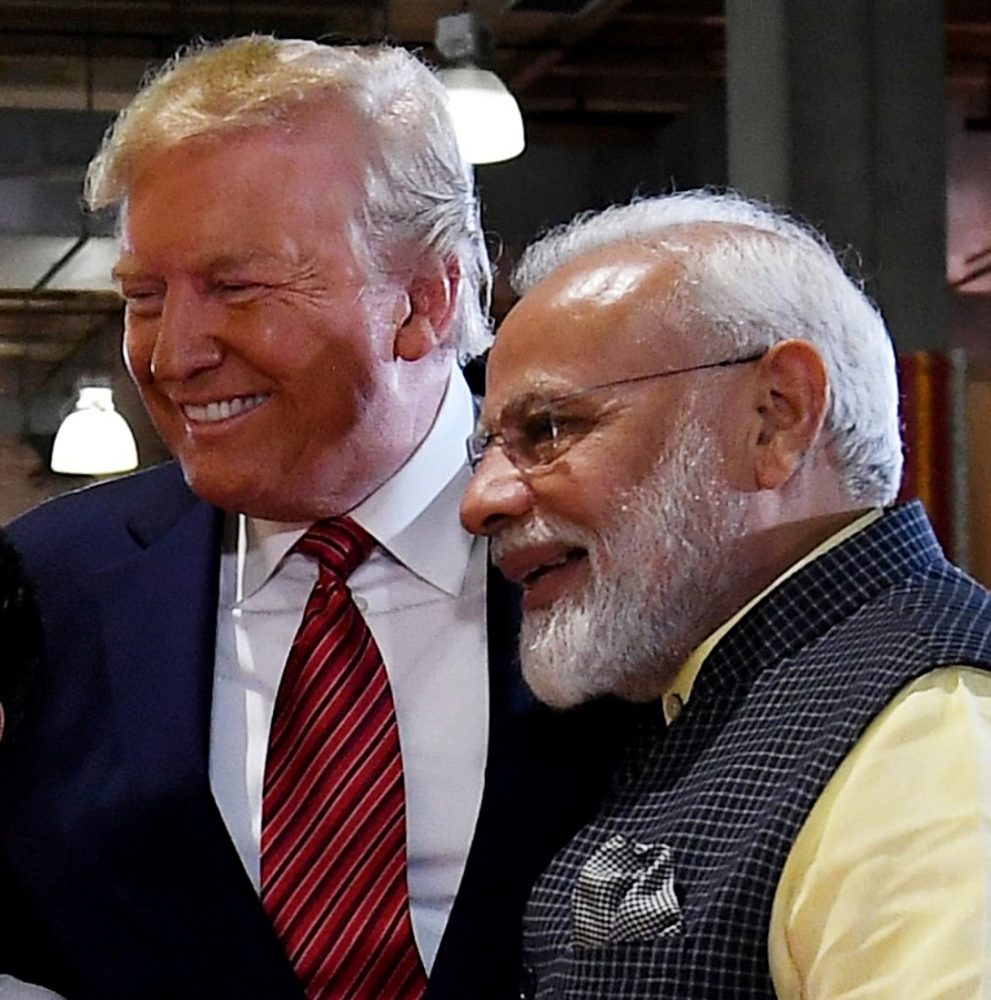DMK nominates Kamal Haasan to Rajya Sabha, fulfilling alliance promise, even as the actor faces backlash over remarks on Kannada’s linguistic roots and cultural sensitivities.
Actor-turned-politician Kamal Haasan is set to enter the Rajya Sabha, with the ruling DMK in Tamil Nadu allocating one of its four seats to his party, Makkal Needhi Maiam (MNM), ahead of the Upper House elections on 19 June. The announcement marks a significant political milestone for Haasan, whose party had chosen not to contest the recent Lok Sabha elections and instead campaigned for the DMK-led INDIA bloc.
MNM leader Murali Appas confirmed that a party resolution had been passed to nominate Kamal Haasan to the Rajya Sabha. “We have passed a resolution to elect Kamal Haasan as a Rajya Sabha member from Makkal Needhi Maiam,” he said.
The DMK also named its three other candidates for the biennial polls: writer and former member of the State Women’s Commission Salma, sitting MP and senior advocate P Wilson, and trade union leader SR Sivalingam. With 158 MLAs in the 234-member Tamil Nadu Assembly, the DMK-led alliance — which includes the Congress, VCK, CPI and CPM — has the numbers to win all four seats comfortably, requiring 34 votes per candidate.
Kamal Haasan, who launched MNM in 2018 at a rally in Madurai, has long attempted to position himself as a reformist voice in Tamil Nadu politics. Despite limited electoral success — MNM secured just 2.62% of votes in the 2021 Assembly polls — his alliance with the DMK in 2024 and the subsequent Rajya Sabha nomination reflects a strategic realignment and consolidation within the INDIA bloc.
Kamal Haasan, who launched MNM in 2018, has long attempted to position himself as a reformist voice in Tamil Nadu politics. Despite limited electoral success his alliance with the DMK in 2024 and the RS nomination reflects a strategic realignment and consolidation within the INDIA bloc.
However, Haasan’s return to the national spotlight has been marred by controversy. His recent comments during a speech — where he reportedly claimed that Kannada has its roots in Tamil — have sparked a political firestorm in Karnataka.
Karnataka BJP state president BY Vijayendra lashed out at Haasan, accusing him of arrogance and disrespect towards the Kannada language. “Kamal Haasan, who has acted in Kannada films, has forgotten the generosity of the Kannada people. His comments insult 6.5 crore Kannadigas,” said Vijayendra, calling for an unconditional apology.
The backlash quickly widened, with Karnataka Chief Minister Siddaramaiah and Congress MLA Rizwan Arshad also criticising Haasan. Siddaramaiah said Haasan was “unaware of Kannada’s long-standing history,” while Arshad called the comment “unfortunate” and questioned the necessity of such a divisive debate at a time when national unity is crucial.
Protests erupted in Belagavi, where members of the Karnataka Rakshana Vedike staged demonstrations outside a cinema hall, demanding an apology from the actor.
Faced with mounting criticism, Haasan clarified his statement on Wednesday, insisting that his remarks had been made “out of love” for language and history. “What I said was out of love, and a lot of historians have taught me language history. I didn’t mean anything,” he said.
Haasan urged politicians — including himself — to refrain from making sweeping claims on sensitive linguistic subjects. “Politicians are not qualified to talk about language. Let us leave these discussions to historians, archaeologists and language experts,” he added, pointing to Tamil Nadu’s history of inclusive leadership that has welcomed Chief Ministers of varied linguistic backgrounds.
The DMK came to Haasan’s defence, accusing the BJP of weaponising the comment to stir controversy and divide people. Senior DMK leader TKS Elangovan said Haasan’s words were likely a historical citation rather than a personal slight, and reiterated that public discourse should prioritise a language’s contribution and relevance over its origin.
While the DMK stands firmly behind Haasan, the controversy underlines the delicate nature of identity politics in southern India, particularly when it touches on language — a deeply emotive issue in both Tamil Nadu and Karnataka.
As Kamal Haasan prepares for his new role in Parliament, his party’s future hinges on whether it can transition from a fledgling movement into a consistent political force. His Rajya Sabha debut may offer him a national platform, but recent events suggest it will also come with its share of challenges.














